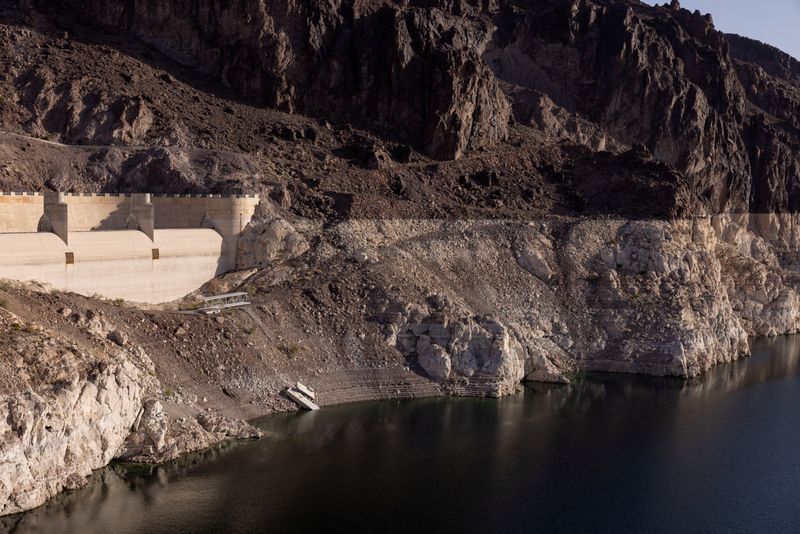Water and energy security will be undermined by 2050-UN
2023.01.11 14:45

Water and energy security will be undermined by 2050-UN
By Kristina Sobol
Budrigannews.com – According to a United Nations study released on Wednesday, nearly 50,000 large dams worldwide could lose more than a quarter of their storage capacity by 2050 due to sedimentation buildups, compromising global energy and water security.
According to the United Nations University, the capacity of dams will decrease from 6 trillion cubic meters (cu m) to 4.655 trillion cu m by 2050. This necessitates action to address the issue and safeguard essential storage infrastructure.
The disruption of natural water flows results in the accumulation of silt in reservoirs. Hydroelectric turbines may be damaged, and power generation may be reduced as a result.
Along a river, impeding sediment flows can also erode habitats downstream and increase the likelihood of flooding in areas upstream.
The data from more than 47,000 dams in 150 countries were examined in the UN study, which found that 16% of the dams’ original capacity had already been lost. By 2050, it said, Brazil, India, and China would all suffer losses of 23%, 26%, and 20%, respectively.
Big dams’ long-term social and environmental costs have long been cited as a reason for concern.
One of the authors of the study, UN University’s Institute for Water, Environment, and Health director Vladimir Smakhtin, stated that the number of dams constructed worldwide had already significantly decreased, with approximately 50 constructed annually compared to 1,000 in the middle of the last century.
He stated, “I would argue that the question we should now be asking is what alternatives there are to dams, including in terms of power generation, considering that they are being phased out.”
Projects like the Three Gorges, the world’s largest hydroelectric facility, have been disruptive to society and the environment, but China continues to dam major rivers as part of its plans to reduce its use of fossil fuels and control greenhouse gas emissions.
According to research conducted by Reuters last year, China’s dams on the Mekong have also disrupted the flow of sediment into countries downstream, altering the landscape and threatening the livelihoods of millions of farmers.
More Oil prices are rising despite large reserves in U. S.








